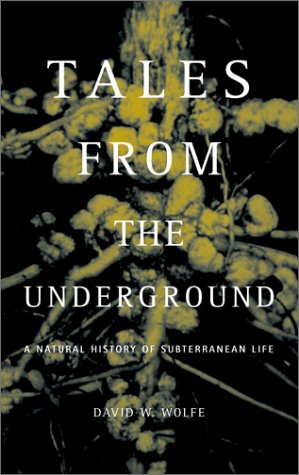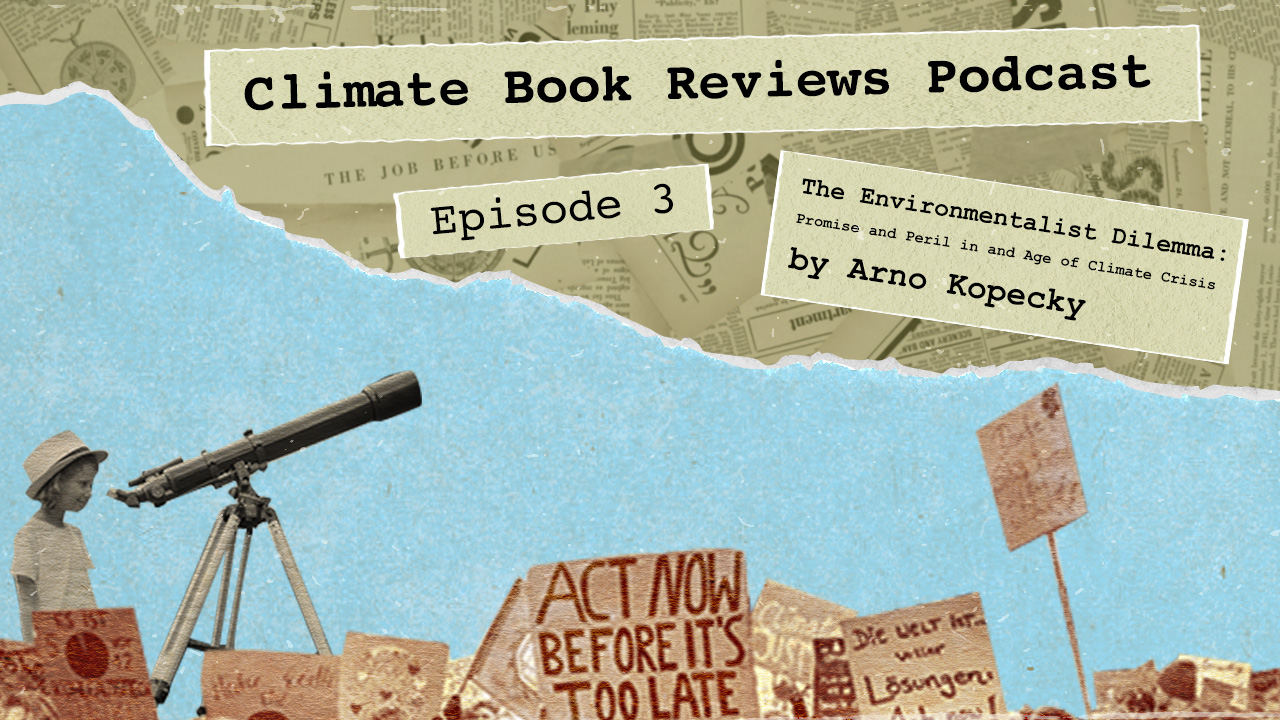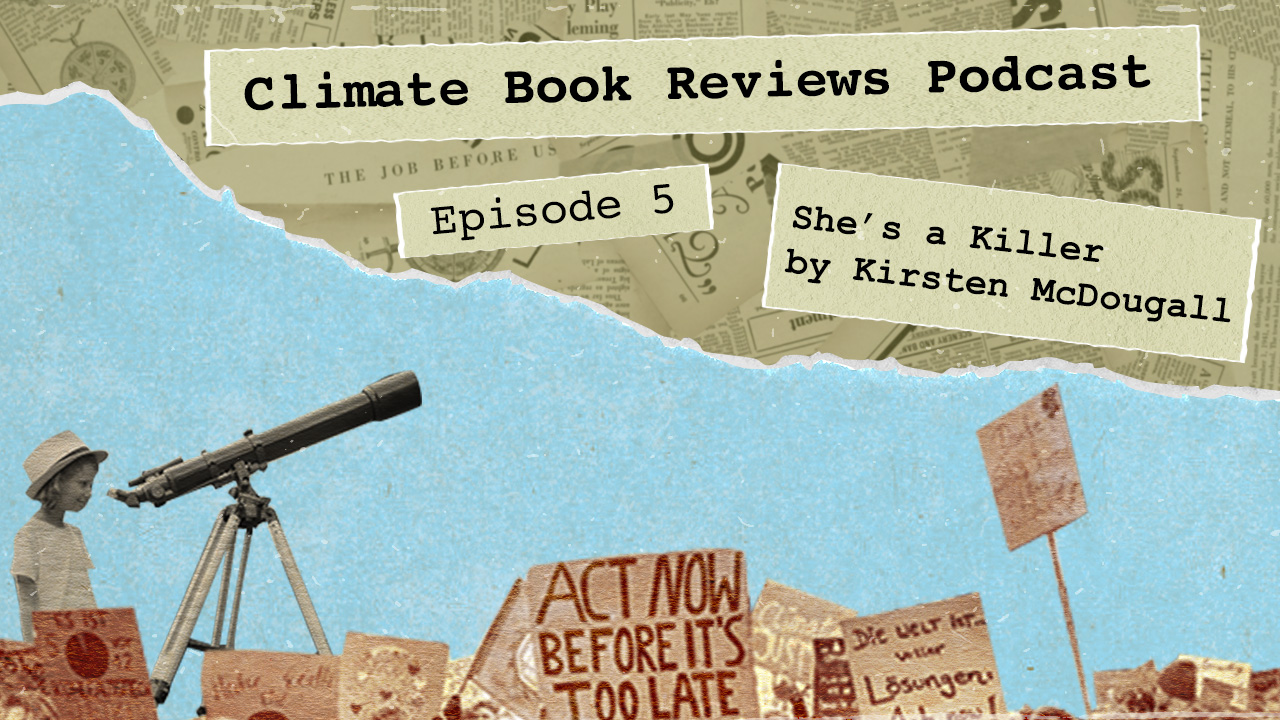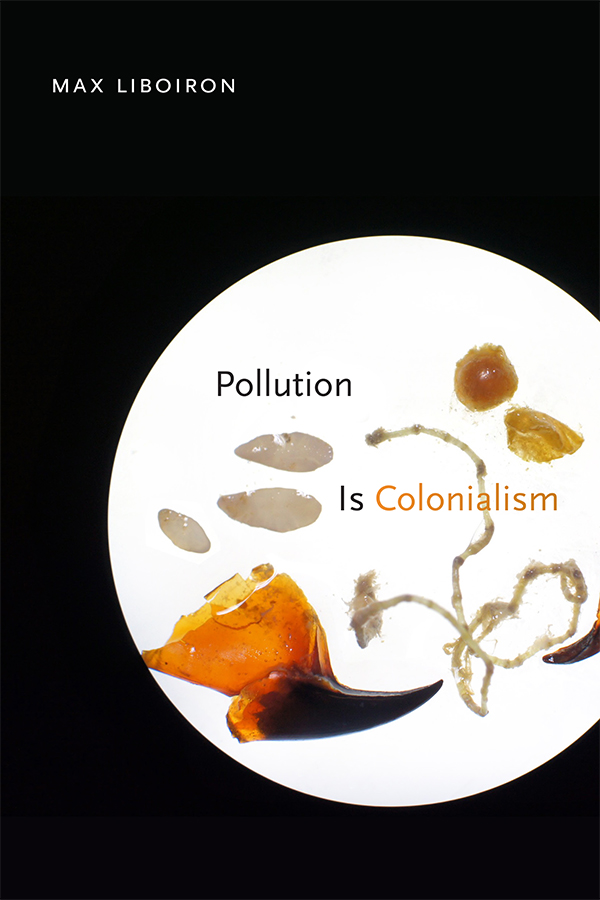After more than twenty years in print, David Wolfe’s Tales from the Underground: A Natural History of Subterranean Life (Basic Books, 2001) is still an excellent introduction to a highly overlooked world. As Wolfe says in his introduction, quoting a statement from Leonardo da Vinci that is true today, “We know more about the movement of celestial bodies than about the soil underfoot” (2). This unknowing is likely one of the reasons why we have a problematic relationship with the earth we step on.
Wolfe’s book taught us that all that is under us is not only extraordinary but necessary to understand life on our planet and, therefore, could be one of the ways to know how to face the climate crisis we live in. We do not know yet how life started on planet Earth, and one of the theories gaining ground is that life begins not in water but deep in the soil. Hence, maybe drawing our attention to that depth can make us reconnect to the principles of life and get the knowledge to stop harming the place where we are.
All the processes that happen underground have a lot to teach us. Down there, it is possible to find organisms that seem not to follow the norms that we think apply to all living beings. The most popular example of this is the networks that plants and fungi create. Wolfe explains that “in some ecosystems the sharing of resources through such networks is so great that the plant communities function as a unified ‘guild’ and the distinction between individual plants becomes blurred” (103).
The world underground enables the possibility of conceiving different forms of individuals, which means other forms of understanding life. If the communication and connection among different individuals and species allow the limits to blur, we realize that all the organisms on the planet are part of the same stream of life, so all of us should care for each other to survive.
Wolfe’s book not only describes what happens under our feet, it also exposes us to a new way to be in the world when we understand the planet is not something apart from us. We are the planet; we are also the place where life lives. Therefore, we must care for the planet as we care for ourselves.
–Mario Henao



